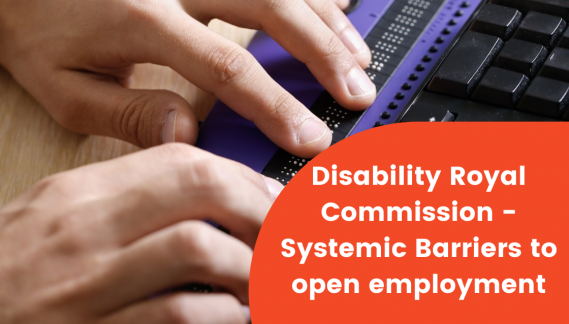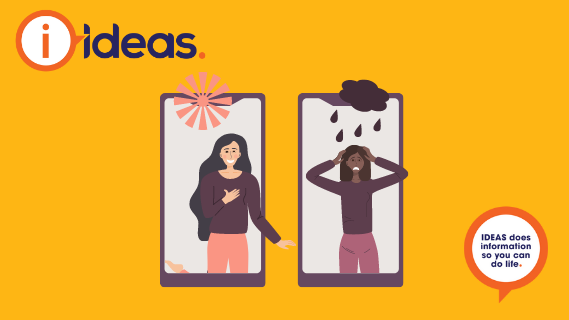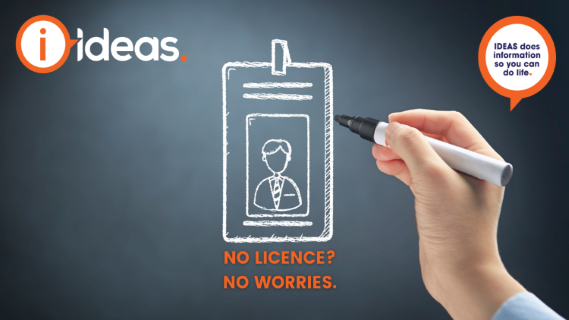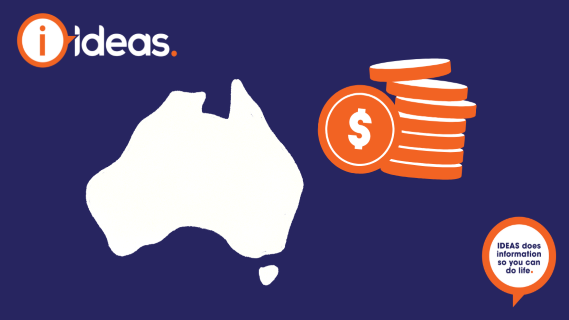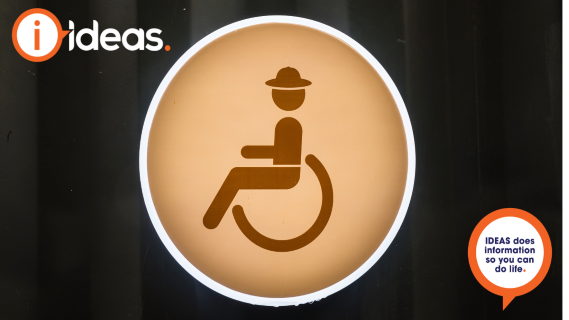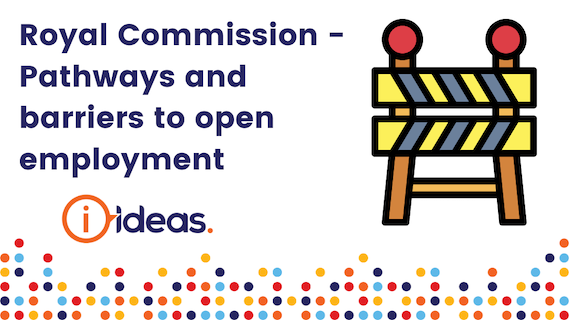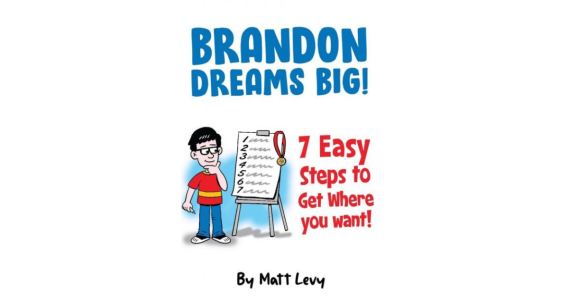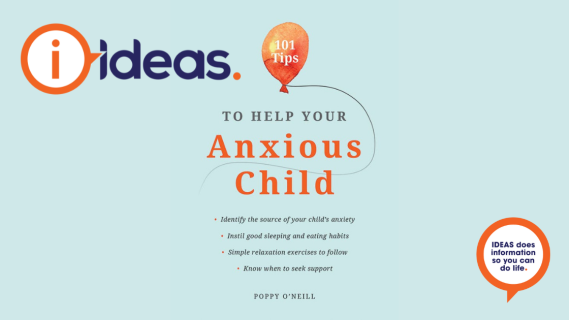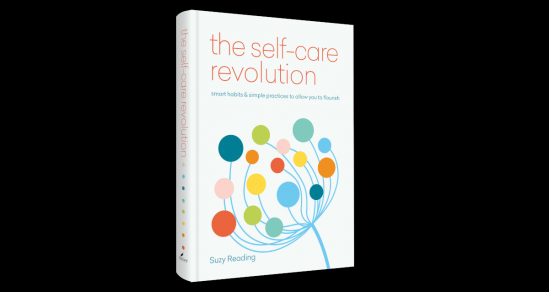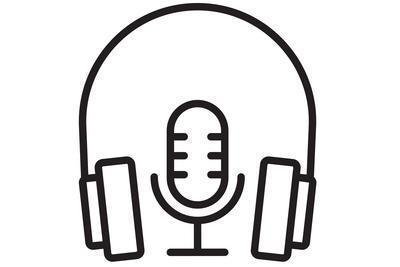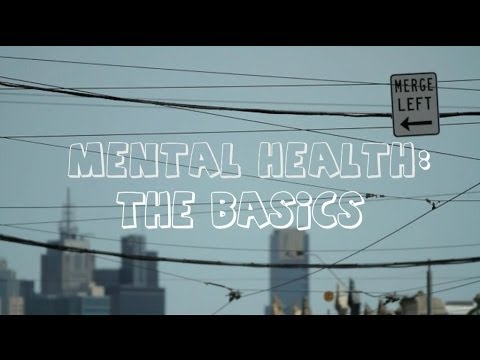Do you ever catch yourself slumped at your desk, struggling to concentrate on the task at hand? Perhaps you yawn more than most, and water cooler conversations take more effort than usual nowadays. You may be fatigued, and this could be affecting your work and life quality! Does this hit close to home? Read on to find out about fatigue in the workplace and how everyone can manage it - including your boss!
What is Fatigue?
Fatigue is not just the common state of feeling tired. It is a state of extreme physical or mental exhaustion. Fatigue at work can be because of work-related factors and personal or home-related factors. It is important to know that there are two types of fatigue. Acute and Chronic. Acute fatigue will last either one month or less, with chronic fatigue usually lasting a minimum of 6 months. Rest and taking time to slow down may help acute fatigue. Still, larger changes may be necessary to tackle chronic fatigue. Having a conversation with your health professional will help to guide you in the right direction.
Are you just tired? Or is it fatigue?
Tiredness happens to almost everyone, and it can be an expected part of daily activities. So how can we tell the two apart? Well, fatigue is extra, never-ending tiredness. Words such as exhausted and drained may describe fatigue. It is known to worsen from continued mental strain, repetitive tasks, and high anxiety situations. Conditions such as Multiple Sclerosis, Fibromyalgia and Parkinson's Disease also come with symptoms of extreme lethargy and fatigue, so it is important to be aware of how this can affect you and have a workplace plan in place to help you.
Why does it matter?
Fatigue at work can lead to many issues, some being quite dangerous depending on what industry you work in. Fatigue can reduce your ability to concentrate, leading to an increase in errors throughout the workday. There are immediate and very noticeable effects of fatigue at work, but what about the long term? Issues such as heart disease, diabetes, anxiety, and depression are just some of the longer-term health effects of fatigue.

How can the workplace contribute?
Although many outside factors can contribute to fatigue, workplace settings can play a large part too. Below are some workplace circumstances which may increase fatigue:
- Shift work or rotations.
- Little rest between shifts.
- Unbalanced workloads.
- Extreme time restraints for certain activities, also known as deadlines.
- Lack of supportive resources available.
- Excessive travel for work.
- Inconsistent work schedules.
- Changes in the work environment such as extreme temperature or ventilation issues.
So, how do you recognise fatigue at work?
If you or your colleagues are experiencing some of the below symptoms at work, this may be fatigue:
- Struggling to concentrate or remember things.
- Decisions are a little harder to make, and your judgement has been off.
- Slower reaction times.
- Arriving late for work with little explanation, repeatedly.
- Decreased interest in communication with colleagues.
- Increased headaches and dizziness.
- A need for extra rest or sleep when not at work.
How can you manage it?
Firstly, you should speak with a health professional about managing fatigue if you believe you are experiencing this or are at risk. Suppose your workplace does not have a fatigue management plan. In that case, you may also wish to bring this up with a colleague you feel comfortable with. Workplaces with a fatigue management plan experience less chronic fatigue in their employees and increased job satisfaction. As a worker, you should take reasonable care of your health and overall safety at work. Fatigue gets in the way of this. So, below are ways to start reducing the risk of fatigue at work:
- Monitor your concentration levels.
- Discuss your concerns with your boss and work out a management plan.
- Take regular walks and stretch breaks whilst at work.
- Take regular breaks and adjust your environment to your best working conditions.
- Stay hydrated. Too much caffeine may increase anxiety, irritable moods, and headaches.
- Practice positive sleep hygiene such as consistent bedtimes and less technology before bed.
- Seek medical advice if your concerns continue.
If you or someone you know is struggling with fatigue in the workplace, the below services are available for further information on employee rights and help:














